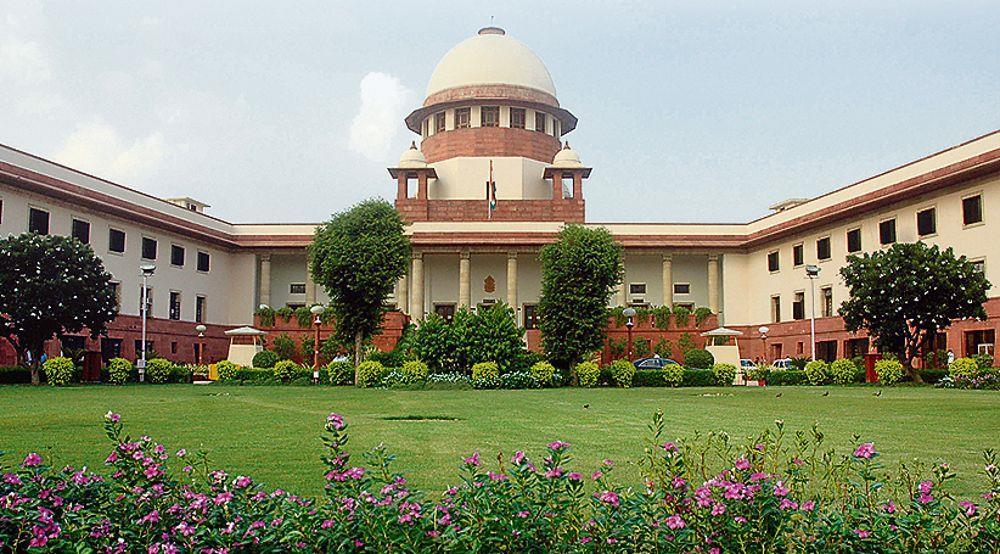
SC Clarifies Transferee Company’s Criminal Liability for Transferor Company’s Actions After Amalgamation
Last Updated on September 19, 2023 by News Desk
Issues:
The case in question revolves around DBS Bank India Limited’s appeal challenging the Delhi High Court’s rejection of their petition to quash criminal proceedings. These proceedings were initiated following a commercial suit by RFL against (the erstwhile) Laxmi Vilas Bank (LVB), alleging misappropriation of Fixed Deposits (FDs) used as security for short-term loans. The RBI’s scheme led to the amalgamation of LVB with DBS Bank, and the criminal case was subsequently filed against LVB, its officials, and related companies. The primary issue is whether DBS Bank can be held criminally liable in this context.
Reasoning:
The RBI imposed a moratorium on LVB due to financial instability and directed its amalgamation with DBS Bank. The High Court refused to quash the summoning order against DBS Bank, stating that the scheme sanctioned by the RBI did not explicitly provide for the abatement of criminal proceedings against DBS Bank. The Court also noted the need for clarification on whether these proceedings should continue after the amalgamation.
The Supreme Court referred to the case of M/s. General Radio & Appliances Co. Ltd. vs. M.A. Khader, which established that after amalgamation, the transferor company ceases to exist, and the amalgamated company takes on a new status, making it impossible to hold both entities jointly liable for past liabilities.
Arguments:
The Supreme Court emphasized that schemes of amalgamation in the banking sector are statutory and aim to protect the interests of depositors, creditors, and the public. Delayed intervention in a troubled bank’s affairs can erode public confidence in the banking system. Therefore, the primary objective of the scheme is to recover the bank’s dues and safeguard the rights of creditors.
In interpreting Clause 3(3) of the scheme, the Court concluded that criminal liability cannot be attributed to DBS Bank or its directors, who were appointed after amalgamation and approved by the RBI. The mention of directors and certain individuals in the proviso implies that only their criminal proceedings can continue.
Conclusion:
The Supreme Court’s ruling clarifies that DBS Bank, as the transferee bank in the amalgamation, cannot be held criminally liable for actions taken by the transferor bank, LVB, before the amalgamation. The Court’s decision aligns with the overarching goal of protecting depositors, creditors, and the banking industry’s stability while ensuring that the rights of the new entity, DBS Bank, are respected in the legal proceedings.
Written — Athi Venkatesh




